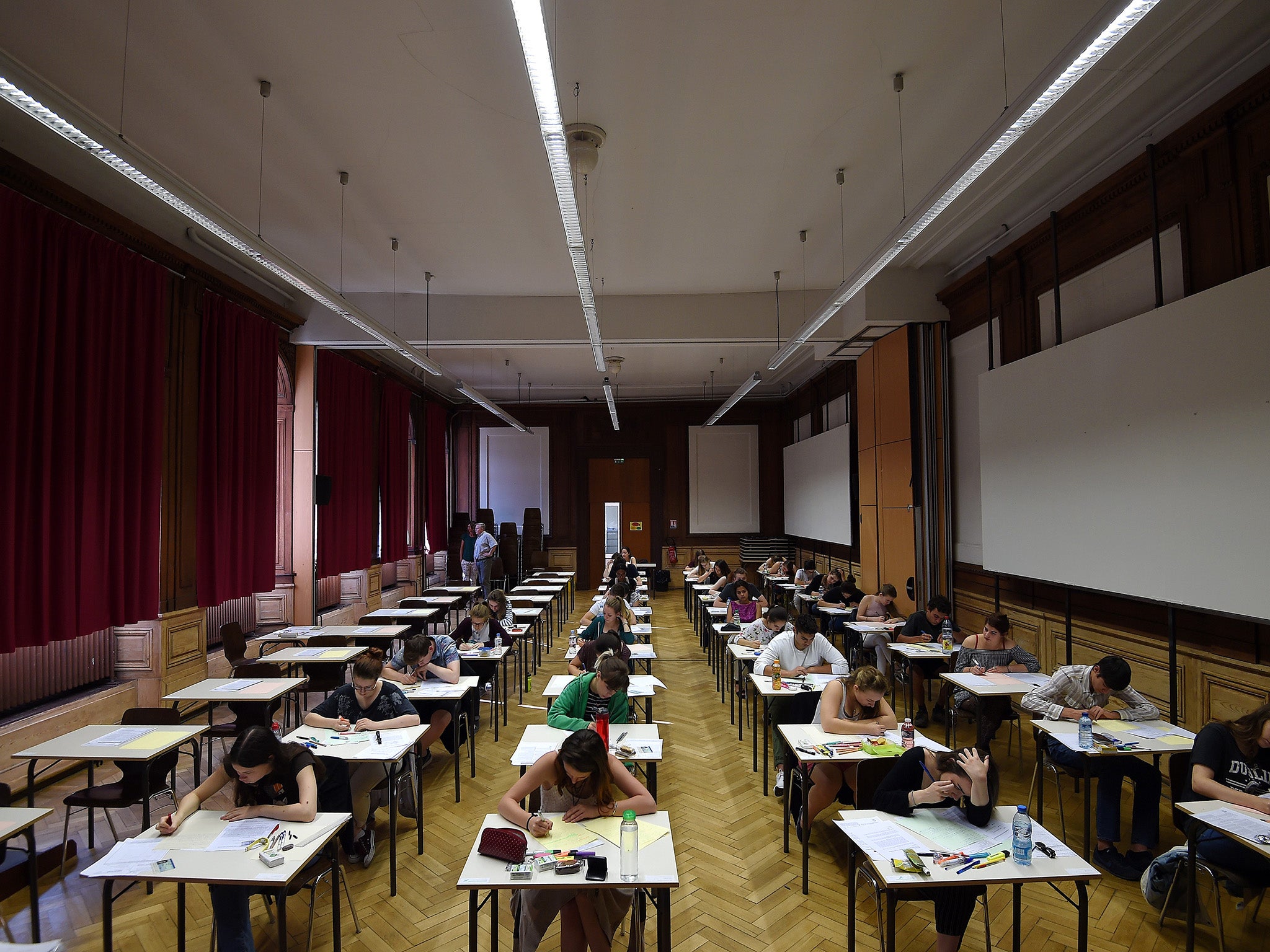Your support helps us to tell the story
From reproductive rights to climate change to Big Tech, The Independent is on the ground when the story is developing. Whether it's investigating the financials of Elon Musk's pro-Trump PAC or producing our latest documentary, 'The A Word', which shines a light on the American women fighting for reproductive rights, we know how important it is to parse out the facts from the messaging.
At such a critical moment in US history, we need reporters on the ground. Your donation allows us to keep sending journalists to speak to both sides of the story.
The Independent is trusted by Americans across the entire political spectrum. And unlike many other quality news outlets, we choose not to lock Americans out of our reporting and analysis with paywalls. We believe quality journalism should be available to everyone, paid for by those who can afford it.
Your support makes all the difference.Britain would have likely voted to remain in the European Union were its population educated to a slightly higher level, a new study has found.
Researchers at the University of Leicester say that had just 3 per cent more of the population gone to university, the UK would probably not be leaving the EU.
The researchers looked at reasons why people voted Leave and found that whether someone had been to university or accessed other higher education was the “predominant factor” in how they voted.
The paper, published in the peer-reviewed journal World Development, applied a multivariate regression analysis and logit model to areas of the country to identify why people voted the way they did.
The level of higher education in an area was far more important than age, gender, the number of immigrants, or income in predicting the way an area voted, the researchers found.
Age and gender were both significant but not as important as education level, the researchers found. Income and number of immigrants in an area were not found to be a significant factor in how people voted.
The researchers also found that a lower rate of turnout – by just 7 per cent – would also likely have changed the result to Remain.
The last Labour government set a target of half of young people accessing higher education and there has been a large expansion in numbers in recent decades. Universities UK says it expected the number of people in employment with higher education qualifications to have risen from 28.7 per cent in 2002 to 51.3 per cent in 2022
Dr Aihua Zhang, from the University of Leicester’s Department of Mathematics, said: “The EU referendum raised significant debate and speculation of the intention of the electorate and its motivations in voting. Much of this debate was informed by simple data analysis examining individual factors, in isolation, and using opinion polling data.
“This, in the case of the EU referendum where multiple factors influence the decision simultaneously, failed to predict the eventual outcome. On June 23rd 2016, Britain’s vote to leave the EU came as a surprise to most observers, with a bigger voter turnout – 72.2 per cent – than that of any UK general election in the past decade.”
British voters voted by 52 per cent to 48 per cent to leave the EU in a referendum held in June 2016.
Subscribe to Independent Premium to bookmark this article
Want to bookmark your favourite articles and stories to read or reference later? Start your Independent Premium subscription today.

Join our commenting forum
Join thought-provoking conversations, follow other Independent readers and see their replies
Comments